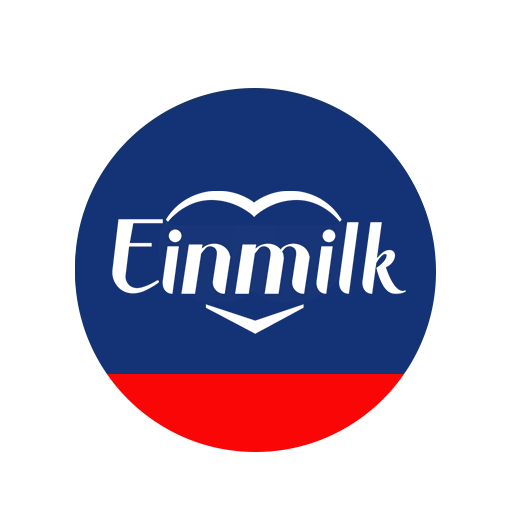Pregnancy is hard work for a woman. It is especially important for pregnant women to eat well and eat right during this period as her body accommodates a growing baby. A balanced and healthy diet can help to ensure both mother and baby attain the essential nutrients needed for a healthy pregnancy and foetal development.
Generally, most foods are safe for pregnant women to consume, but here are some foods that you should try to avoid during pregnancy due to the possible side effects that may occur.
- Alcohol
“Surely it’s safe to have a glass of wine?”, you may think. Alcohol impacts brain cells and this may affect the developing foetus. Researchers have yet to determine the exact effect of alcohol consumption on a growing foetus but offer zilch nourishment to both pregnant mum and baby. It is recommended to steer clear of alcohol as it foils judgement, which may affect the pregnant mum’s decision-making too.
- Fish containing high levels of mercury
Mercury is a neurotoxin that is linked to brain damage and developmental delays in babies. Avoid fish known to contain high mercury levels such as shark, king mackerel and swordfish and opt for those with lower levels of mercury such as salmon, cod and canned light tuna.
- Vitamin A supplements
Vitamin A is a nutrient required for the embryonic growth of foetuses and aids in tissue repair after birth. However, certain types of Vitamin A in excessive amounts may lead to birth defects. The recommended amount of Vitamin A supplements to take, if necessary, is not more than 1,500mcg (5,000 IU) per day. Vitamin A converted from beta-carotene is not linked to developmental issues, so it is alright to continue consuming carrots and pumpkin.
- Raw shellfish
Say bye to raw oysters and mussels at the buffet counter as raw shellfish can sometimes contain harmful bacteria such as Salmonella and other viruses that cause food poisoning. While most cases of food poisoning are unlikely to be harmful to the foetus, a small percentage of food poisoning cases result in miscarriage, premature delivery or stillbirth.
- Store-bought salads
While it is necessary to load up on essential vitamins from fruit and vegetables, it is wise to avoid purchasing store-bought salads and opt to prepare your own, where you can take extra care to ensure the fruit and vegetables are thoroughly washed before consumption.
If you must, choose salads with ingredients that are fully cooked and avoid raw sprouts and cold cuts.
- Soft Cheeses
Soft cheeses including those that are mould-ripened like mozzarella, brie and camembert and blue-veined like gorgonzola and Danish blue, can contain a bacterium called Listeria which potentially causes listeriosis. Hormonal changes during pregnancy weaken the immune system, increasing the risk of listeria infection.
As soft cheeses are less acidic than hard cheeses and contain more moisture, harmful bacteria are likelier to breed. Choose hard cheeses such as cheddar, gouda, edam or emmental.
- Excessive caffeine
Caffeine crosses the placenta into the amniotic fluid and baby’s bloodstream. As your foetus is still developing, it takes much longer for caffeine to be processed and eliminated. This means that the effects of caffeine are much stronger on your foetus.
Thus, it is recommended to keep to a daily caffeine limit of 200mg, equivalent to a 300g cup of coffee. Excessive consumption of caffeine may lead to smaller babies which may lead to developmental problems later in life. Remember that caffeine is also present in other foods like chocolate, tea, soft drinks and ice cream.
- Liver products
The liver is considered as a nutrient-rich food that is packed with vitamins and minerals. However, the liver also contains a high amount of preformed Vitamin A which is detrimental to the development of your foetus. This is especially so in the first trimester.
Keeping a balanced diet throughout pregnancy is beneficial to the healthy development of your foetus and aids in a smooth delivery. Mummies, what is one “forbidden” food that you have been craving this pregnancy? Let us know in the comments!



